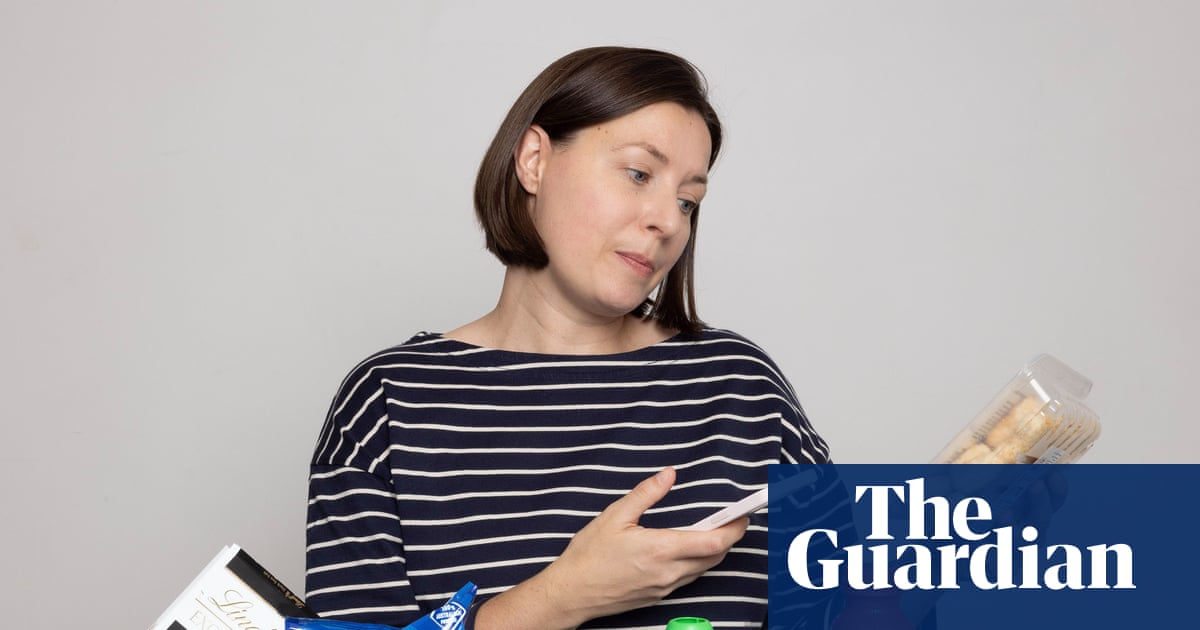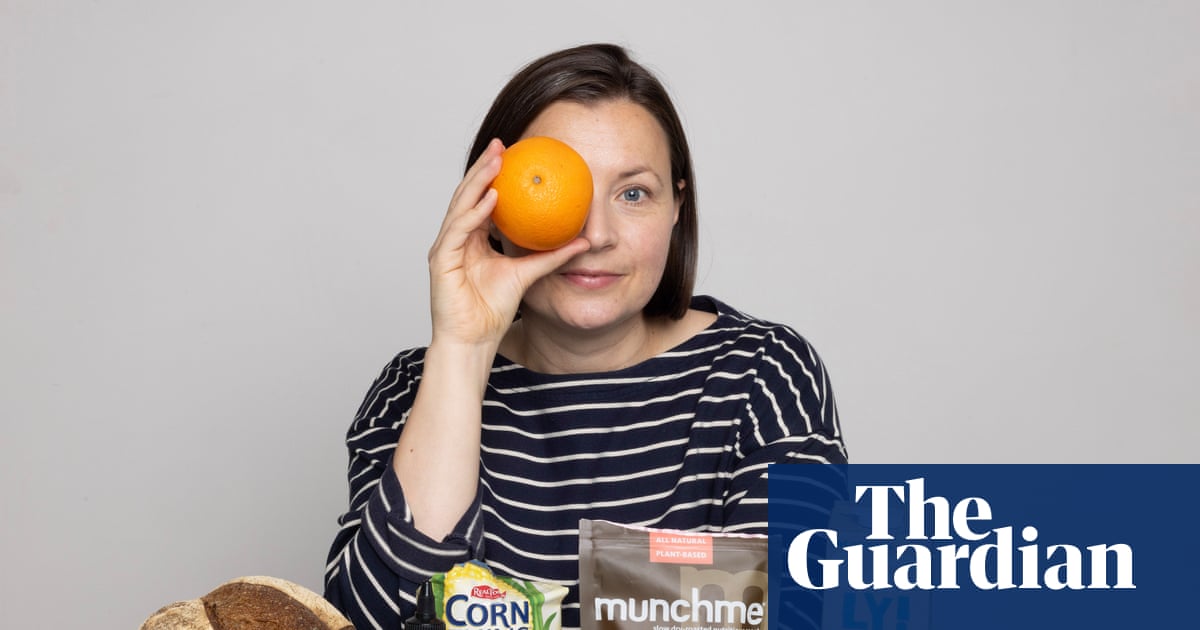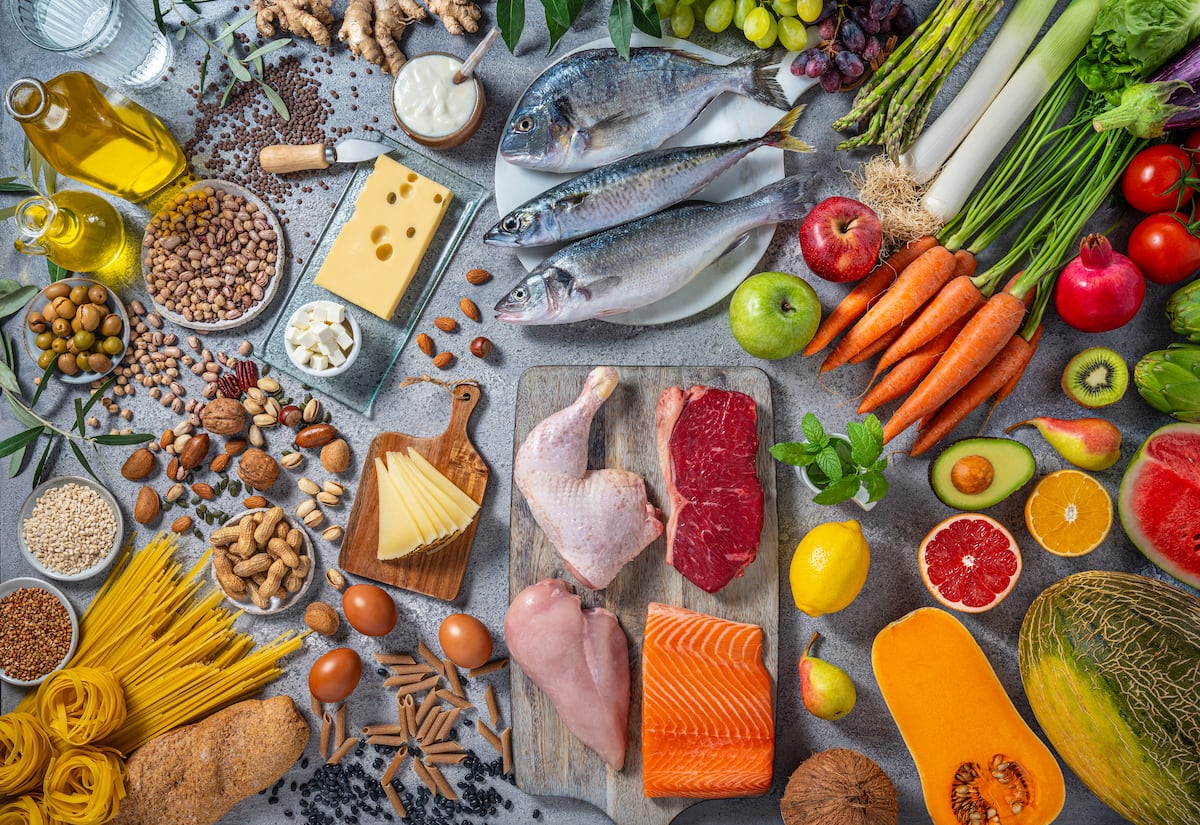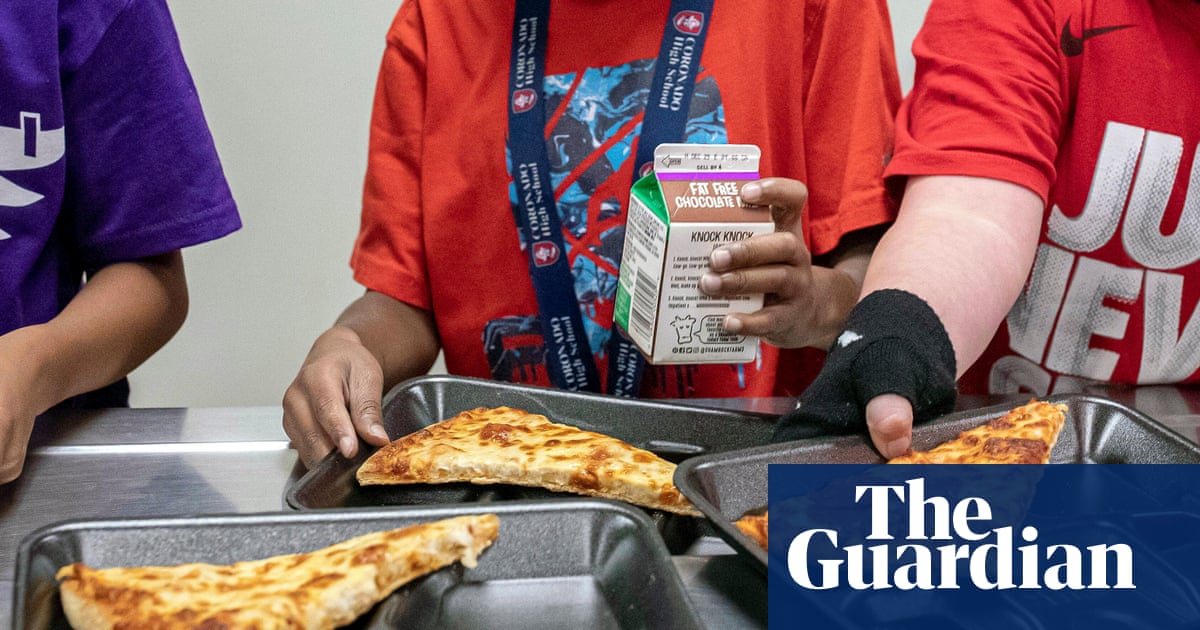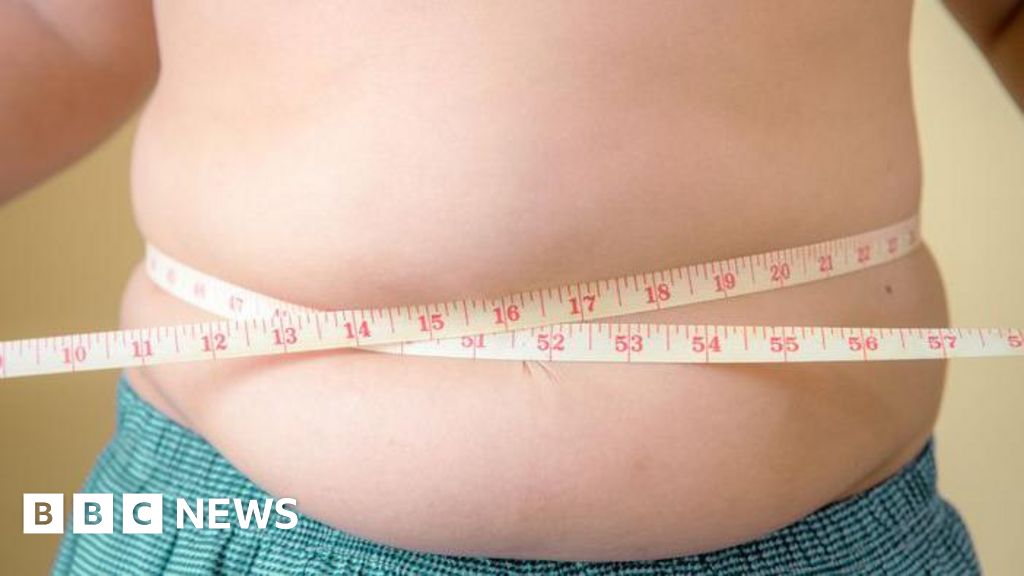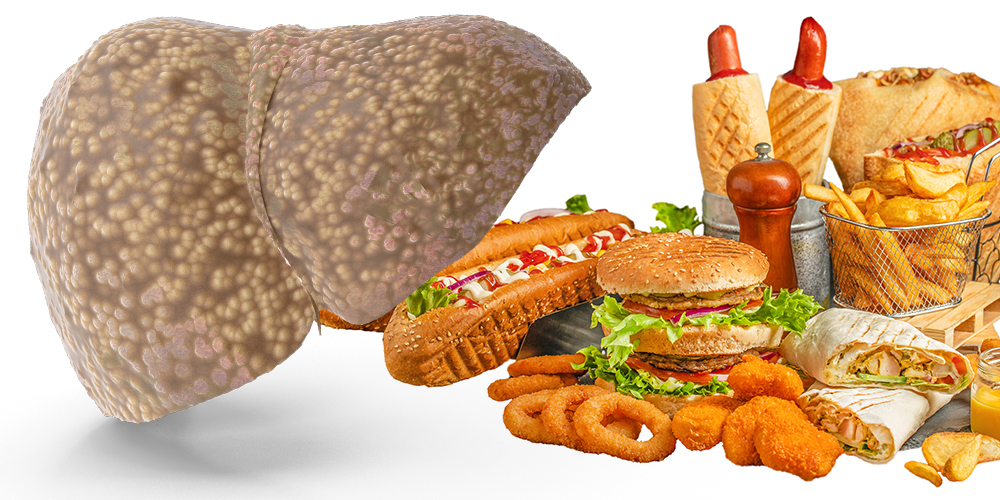#ultra-processed foods
#ultra-processed foods
[ follow ]
fromwww.theguardian.com
1 month agoFirm, snappy texture': the best supermarket crackers for cheese, tasted and rated
I'm treading dangerous ground critiquing classics such as Jacob's cream crackers and Carr's table water biscuits, some of Britain's most nostalgic family foods. There's nothing wrong with a bit of comfort eating, especially at Christmas, but both are also symbols of our industrial food culture: bland, beige and unadventurous. That said, maybe they're just the ticket as a neutral vehicle for transporting cheese to the mouth.
Food & drink
Public health
fromBusiness Insider
3 months agoA gut health and cancer researcher shared the foods she eats to lower her disease risk
Diet high in ultra-processed foods disrupts gut mucus, fosters harmful microbes and tumor growth; fiber-rich, whole-foods feed beneficial gut microbes and may reduce cancer risk.
Alternative medicine
fromNatural Health News
3 months agoWhat the MAHA Report Gets Right...and Wrong
Children's health requires reduced ultra-processed food consumption, increased whole foods, regenerative agriculture, conflict-of-interest reduction, and concrete policy actions rather than more studies.
fromIrish Independent
4 months ago'I've never seen such a good program get such abuse' - Dietitian Sarah Keogh on school meals
People don't realise how many kids go without food. It may be financial or because the parents are too busy and I think it's fantastic that the government have this program in place.
Food & drink
fromwww.theguardian.com
4 months agoColon cancer is on the rise among young people and research points to one major culprit | Devi Sridhar
The increase is real and global, rising from approximately 94,700 cases in 1990 to 225,736 in 2019. A study across Europe found that for those aged 20-29, incidence rose 7.9% per year between 2004 and 2016, with the rates increasing by 4.9% in those aged 3039, and 1.6% in the 40-49 group in roughly the same period. Not only is colon cancer increasing in every age cohort under 50, the growth rate is highest in the youngest group.
Public health
fromGood Food
5 months agoDiscover how working from home has changed our diets (it's not what you expected!)
Before the pandemic, office life left many of us at the mercy of overpriced meal deals, vending machines, and a rushed lunch break. Research shows only 37 per cent of European workers took a full lunch break when working on-site, while 10 per cent of UK workers skip their lunch breaks altogether. Data suggests that office lunches can lean heavily on ultra-processed foods (UPFs) - quick and convenient, but low in nutritional value.
Food & drink
fromNature
5 months agoUltra-processed foods - it's time for an improved definition
Later this month, the United Nations General Assembly will discuss a proposal to eliminate trans-fatty acids (trans fats) from diets. These fats are mainly produced industrially. They clog up arteries, increasing people's risk of a heart attack or death. Some 60 countries are already on a path to eliminating these fats and the World Health Organization has certified that 9 have removed industrially produced trans fats from their food supply.
Public health
US politics
fromArs Technica
5 months agoRFK Jr.'s Wi-Fi and 5G conspiracies appear to make it into MAHA report draft
The Trump administration's health strategy draft promotes safety reviews of electromagnetic radiation, reflecting conspiracy theories iterated by anti-vaccine advocate Robert F. Kennedy Jr.
[ Load more ]


